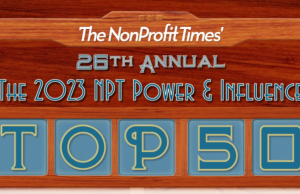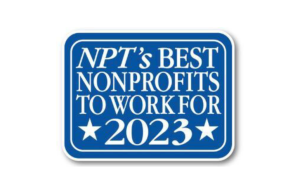Focusing on strengths, being clear and specific, and recognizing the mutual benefits of corporate-social partnerships can turn the traditional philanthropic model into a win-win.
“What If They Mean It: Embracing the opportunity of corporate-social sector partnerships,” a new report by Russell Reynolds Associates (RRA) makes three recommendations for social impact organizations embarking on corporate partnerships:
- Establish a pro-partnerships culture: A cultural shift that recognizes the mutual benefits of partnership and fosters trust — where earned — toward commercial partners is imperative.
- Focus on strengths: A capabilities orientation that recognizes the comparative advantages of each side will maximize partnership impact.
- Be clear and specific: A clear value proposition underpins successful collaborations and ensures that decision-making stays focused on maximum impact rather than individual organizational needs.
The 13-page report is based on interviews with 14 expert leaders, including CEOs of global NGOs, public sector officials, and partnerships professionals.
Almost four out of five companies report on their progress against the United Nations’ Sustainable Development Goals (SDGs) and more than 9,500 companies have signed on to the principles of the U.N. Global Compact, the U.N. body that promotes private sector engagement with the SDGs.
Most partnerships typically follow a traditional philanthropic model in which commercial partners underwrite programming delivered by the social sector partner. The commercial partner is rarely involved in setting strategy or shaping the program. “Such dynamics have often led to frustration on both sides: social sector organizations may have qualms about enabling ‘greenwashing’ of corporate reputations, and companies are unlikely to realize returns on brand equity if their contribution is viewed as simply writing a check,” according to author’s of the report.
Effective partnerships between corporate and social sector entities requires organizational culture that recognizes the value of such partnerships, a combination of distinct strengths of each partner, and a clear understanding of the value proposition for both sides.
Social sector leaders can encourage cultural shift through a number of actions:
- Foster a culture of trust and positivity towards partnerships by clearly articulating the benefits of partnerships at a strategic level, rather than monetary.
- Embed governance mechanisms to monitor, evaluate and learn from partnership successes and failures – this may include adding a review of partnerships to board meeting agendas or appointing independent board members to help ensure accountability.
- Hold board members and executives accountable for successes and failures, and take action against misconduct if necessary.
“No single entity, initiative, or sector can achieve true sustainable development alone; partnerships between the social and private sector are the only way in which the SDGs will be met. Recognizing the recent shift in corporate intent (“they mean it!”) will be the first step in achieving true collaboration, moving partnerships from the transactional to win-win cooperation,” according to the report’s authors. “Partnerships will also benefit from leaders whose core competencies are underpinned by a pragmatic-idealist mindset, with the ability to bridge the divide across sectors. Social sector leaders who are able to effectively absorb private sector resources and capabilities, and vice versa, for delivery of positive social and environmental impact will be key drivers in achieving the 2030 development agenda set out by the SDGs.”












